SAME Discussion 11/17
Instances of racism on college campuses all over the country, from Yale University to the University of Missouri to Claremont McKenna College, have sparked important discussions about safe spaces and the extent of free speech on Sage’s campus.
On Nov. 17, SAME held an open discussion for all Sage students and faculty in which they video-chatted with Erika Lynn-Green ‘14 and Jack Williamson ‘14 to talk about the recent events specifically on Yale’s campus.
At Yale, The Intercultural Affairs Committee sent an email just before Halloween, reminding students to wear respectful costumes and to be careful of cultural appropriation. In response, associate master of Silliman College at Yale, Erika Christakis, wrote an email to students essentially telling them that no one has the right to tell them they cannot wear an offensive costume.
Christakis wrote in her email, “Is there no room anymore for a child or young person to be a little bit obnoxious … a little bit inappropriate or provocative or, yes, offensive?” also telling students, “if you don’t like a costume someone is wearing, look away.”
Backlash to Christakis’ email has varied greatly, some calling for the resignation of Christakis and her husband, others defending her, stating that she was right to argue for students’ freedom of speech. The emails have prompted a related debate about the balance between safe spaces and free speech. Christakis has since resigned from her job and will not be returning to Yale in the Spring semester.
According to Advocates for Youth, a safe space is, “a place where any young person can relax and be fully self-expressed, without fear of being made to feel uncomfortable, unwanted, or unsafe on account of biological sex, sexual orientation, gender identity or gender expression, race/ethnicity, cultural background, age, or physical and mental ability. It is a place where the rules guard each person’s self-respect and strongly encourage everyone to respect others.”
Christakis and her supporters believe that freedom of speech allows students to be offensive, while others, like Lynn-Green, believe that freedom of speech only protects students to a certain extent.
“Free speech protects you from arrest; it doesn’t protect you from backlash for what you say,” Lynn-Green said.
About 50 Sage students, faculty and staff attended the SAME discussion with Lynn-Green and Williamson which ended with a short recap of the video conference. Many members of the community who attended, such as junior Stephanie Min, agreed with Lynn-Green.
“People who say that safe spaces aren’t necessary are the people that don’t have the need for them because of their privilege,” Min said during the discussion.
Other than the emails, over the Halloween weekend, there was a party at Yale’s Sigma Alpha Epsilon (SAE), a fraternity which has recently had issues with racism in other chapters across the country. The fraternity was seen turning away multiple students of color telling them that the party was for “attractive people only.”
This has caused uproar on Yale’s campus with many students, Lynn-Green included, arguing that the SAE members who turned away these students were being racist.
“There’s no way attraction in our culture is not racialized,” said Lynn-Green.
Others believe the fraternity was not at fault.
“These people are not arguing against the problem, they’re just refusing to label it as such,” Lynn-Green said. “People don’t question why we have a culture where the fraternities feel like they’re empowered to make these decisions.”
While these events have sparked an important discussion about the extent freedom of speech and safe spaces, they prompted an even more important conversation about racism on college campuses.
“It’s been painful to hear the students of color describe how unsafe they feel on campus and that people to continue to ignore it,” Lynn-Green said.
Students at Yale have come together to take a stand against the racism on campus, organizing peaceful marches, rallies and chalking sessions.
“It was really cool to see a community come together peacefully to do something this important,” said Williamson. “What this is really about is the hundreds, maybe thousands, of students who have experienced real discrimination, and the fact that the university’s work is not done.”
2015 looks shockingly similar to the 1960s. In the 60s, students on college campuses all over America took a stand and made an immense difference in the movements of the era. We are entering another era of the Civil Rights Movement, once again led by college students.
Most current Sage students will be on college campuses in the next few years, in the midst of this movement, and SAME has equipped them with education and knowledge they will take with them as they go forward into college and beyond, diversity coordinator and adviser to SAME Mindy Aguirre believes.
“We’re responding to a need. Students want to talk about these things… Part of our mission is to prepare students for the world outside of school, and part of that is learning about other experiences and being respectful of those experiences,” Aguirre said. “These are things we can’t get away from; since we’re an educational institution, we should be talking about this as a community.”
The open discussion series is in its first year but has been immensely successful thus far. SAME has held four open discussions this year and plans to continue to address prominent issues in the world. The group not only accepts, but encourages, people with differing viewpoints to speak at these discussions.
“A lot of different opinions did come up in that discussion (with Lynn-Green and Williamson) and that’s really important because that’s how we grow,” Aguirre said. “We do have to hear different sides in order to grow and develop our own perspective, and so that ultimately is a role for this group; to be respectful even if they don’t agree with everything someone says. In order to create a space for people to feel comfortable sharing their ideas, you need to allow people who you do disagree with to speak.”
SAME’s mission is to educate the community about the issues plaguing our world today, as well as build a community of informed members, who can engage in thought-provoking conversations.
“People talk about these issues whether we host discussions or not- whether they are informed or not. A lot of the time it can become personal, people have differing opinions, become defensive, and you end up in a volatile conversation,” senior SAME co-chair Amanda Ong said, “By attending our open discussions we can make sure that everyone feels safe to express what they are truly feeling and is in a place where they can readily learn from others.”
In the future, SAME plans to continue educating members of the Sage community and engaging in discussions, whether or not they are part of SAME.
“Before this year, there were incidents that happened, whether on campus or nationally, that we wanted to talk about as a community, and teachers or advisors would talk about things in their classrooms, but we didn’t have anywhere, if you were a student who didn’t have that adviser or that teacher, to talk about those issues,” Aguirre said.
“We wanted people to have a basic knowledge, but we were not giving them the opportunity to learn. For me, as a teacher, that just felt wrong; we can’t just expect you to know about these things. It’s a work in progress, but it’s really about building a community,” she said.
For an editorial on this topic, see The Bolt Issue #4.


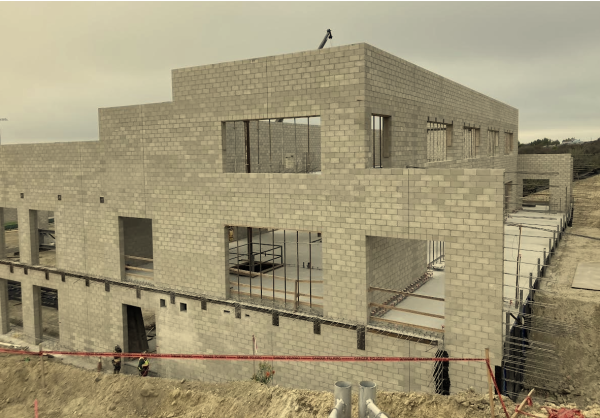
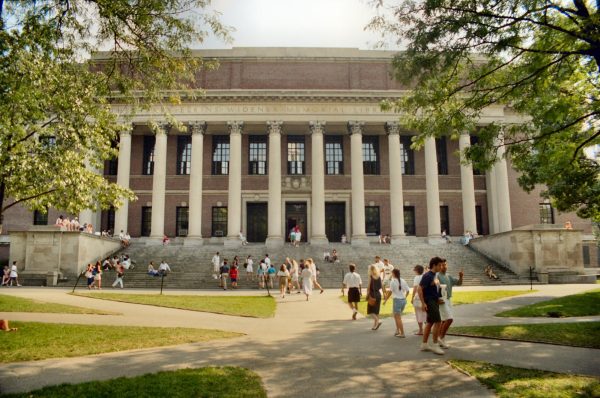
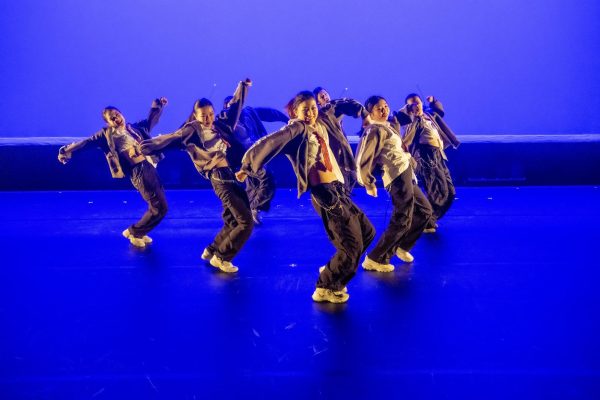
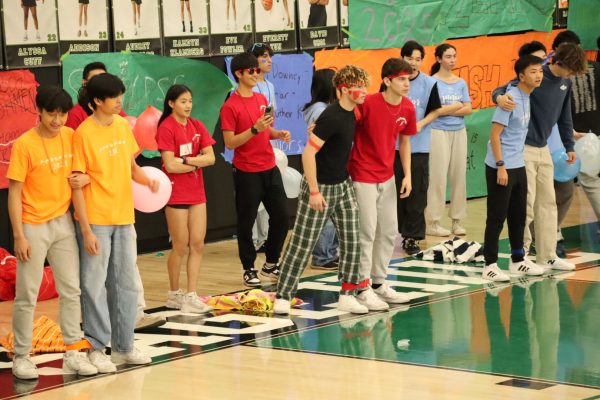
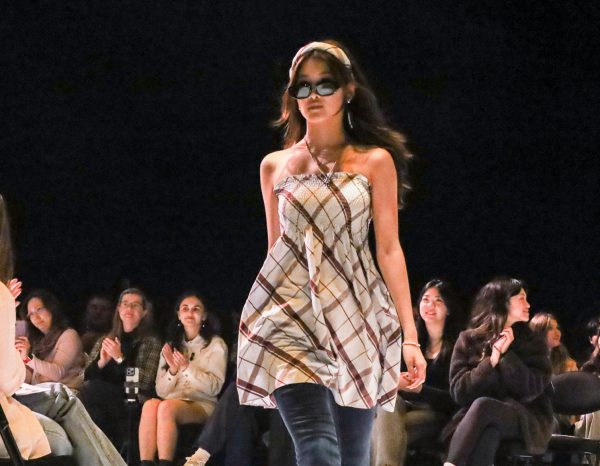
Michelle • Dec 11, 2015 at 11:07 am
Great article! So proud of you guys!